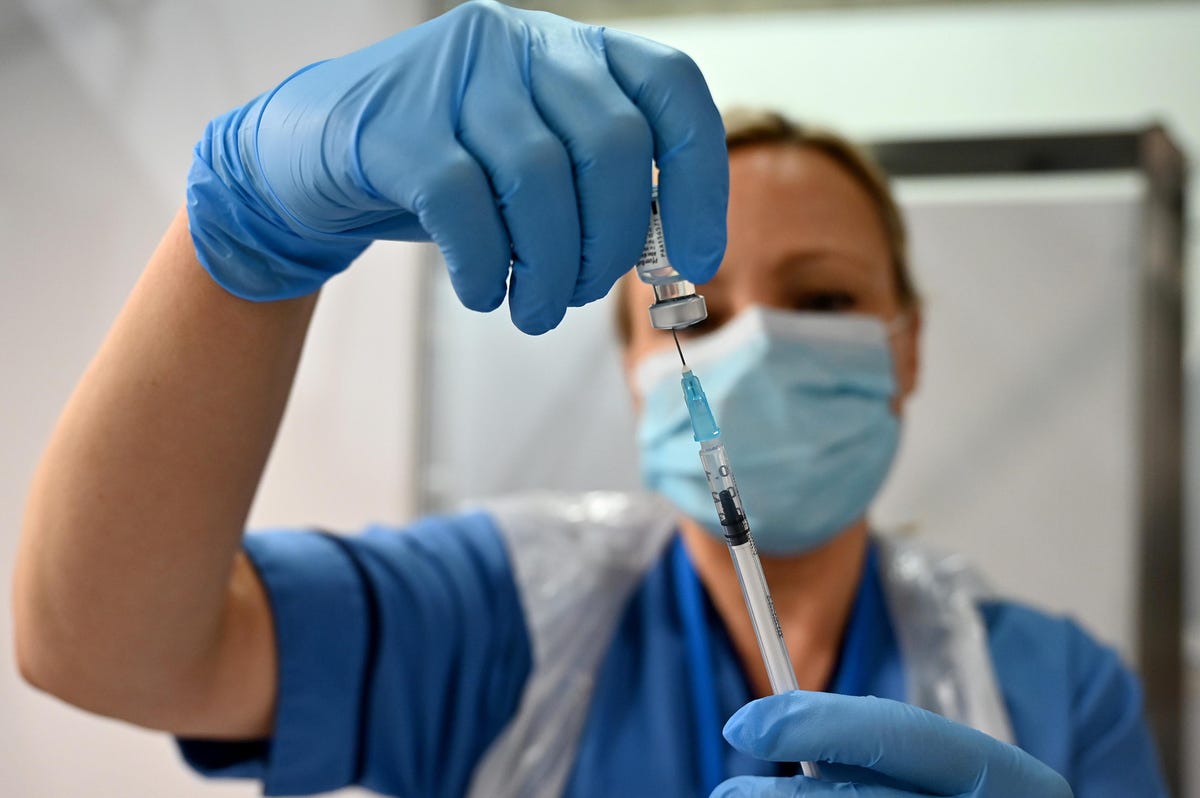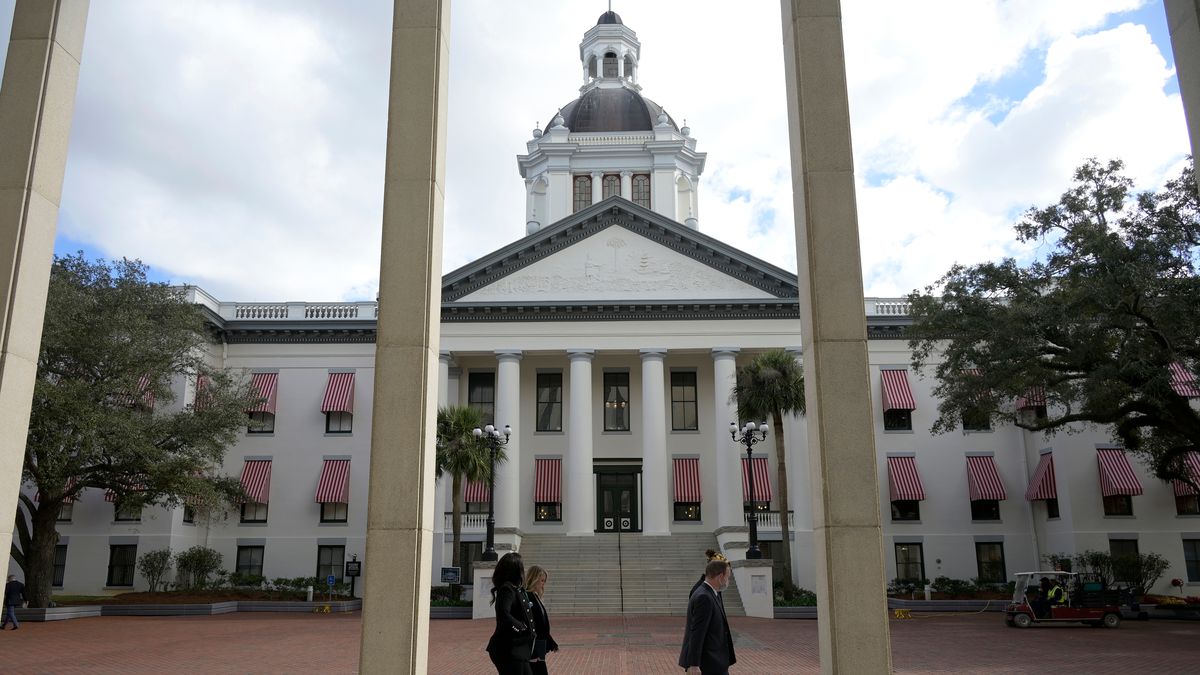[ad_1]
The Covid-19 vaccines have prevented more than 18 million additional hospitalizations and more than … [+]
Despite the devastating impact of the Covid-19 pandemic, we must also celebrate our successes. The Covid-19 vaccines are nothing short of a medical miracle. A new report by the Commonwealth Fund has found that the Covid-19 vaccines have prevented more than 18 million additional hospitalizations and more than 3 million additional deaths in the United States alone.
However, the success of these vaccines is largely due to long-term investment in fundamental biomedical science research and vaccine technology through the National Institute of Health and foundations like the Bill and Melinda Gates Foundation.
The Covid-19 vaccines would not have been sequenced, developed, and authorized in record time if it were not for over 40 years of dedicated investment by the US in HIV research. Over decades, HIV researchers have developed a better understanding of the complex workings of the immune system, allowing them to map out in detail how HIV invades cells and replicates and identifying weak spots in the virus that can be targeted by drugs. Both HIV and SARS-CoV-2 are RNA viruses that can quickly mutate, making it challenging to develop interventions.
Not only the mRNA technology used in the Pfizer and Moderna vaccines but also the adenovirus vector technology utilized in the AstraZeneca vaccine have evolved from past HIV research. In 2004, Merck worked with investigators funded by the NIAID to create a vaccine using a weakened common-cold virus called Adenovirus 5. This vector was used to deliver three genes found in HIV into the body, hypothesizing that the immune system would attack these foreign genes and learn to fend them off, preparing it for future encounters with actual HIV. However, the trial was abruptly ended when early results showed that the vaccine provided little protection and was likely making men more susceptible to HIV. But many others built on this research, developing vaccines that use different cold viruses, including AstraZeneca.
This is why it is so critical to take a long-term, proactive approach to invest in public health rather than a reactive approach as emergencies and crises unfold. According to a systematic review of 52 interventions published in 2017 in the Journal of Epidemiology and Community Health, health-protection programs such as vaccinations saved an average of $34 for every $1 spent on them. This has proven to be true in the case of the Covid-19 vaccines, which has saved the U.S. $1.15 trillion in medical costs that would otherwise have been incurred.
While significant investments were made early in the pandemic, federal funding is still following a familiar boom-and-bust cycle. Additional Covid-19 funding has been stalled in Congress since March this year. This is despite two new reports from Democrats in Congress, which recommended boosting federal funding for public health for multiple years alongside clarifying the role of the Strategic National Stockpile and modernizing the country’s outdated data and surveillance systems.
We also have an opportunity to invest heavily in the development of new combinations of broadly neutralizing monoclonal antibodieswhich have the potential to neutralize all known SARS-CoV-2 variants and other related coronaviruses, including SARS-1 and MERS. Like the vaccines, these antibodies could save millions of lives and could eventually be combined with highly active antiviral drugs to end the pandemic. But without the dedicated investment that Project Warp Speed and HIV research have received, these treatments will remain just a possibility.
Consistent public health funding allows us to save lives and be prepared for the myriad of virological threats we will face in the future.
[ad_2]
Source link



